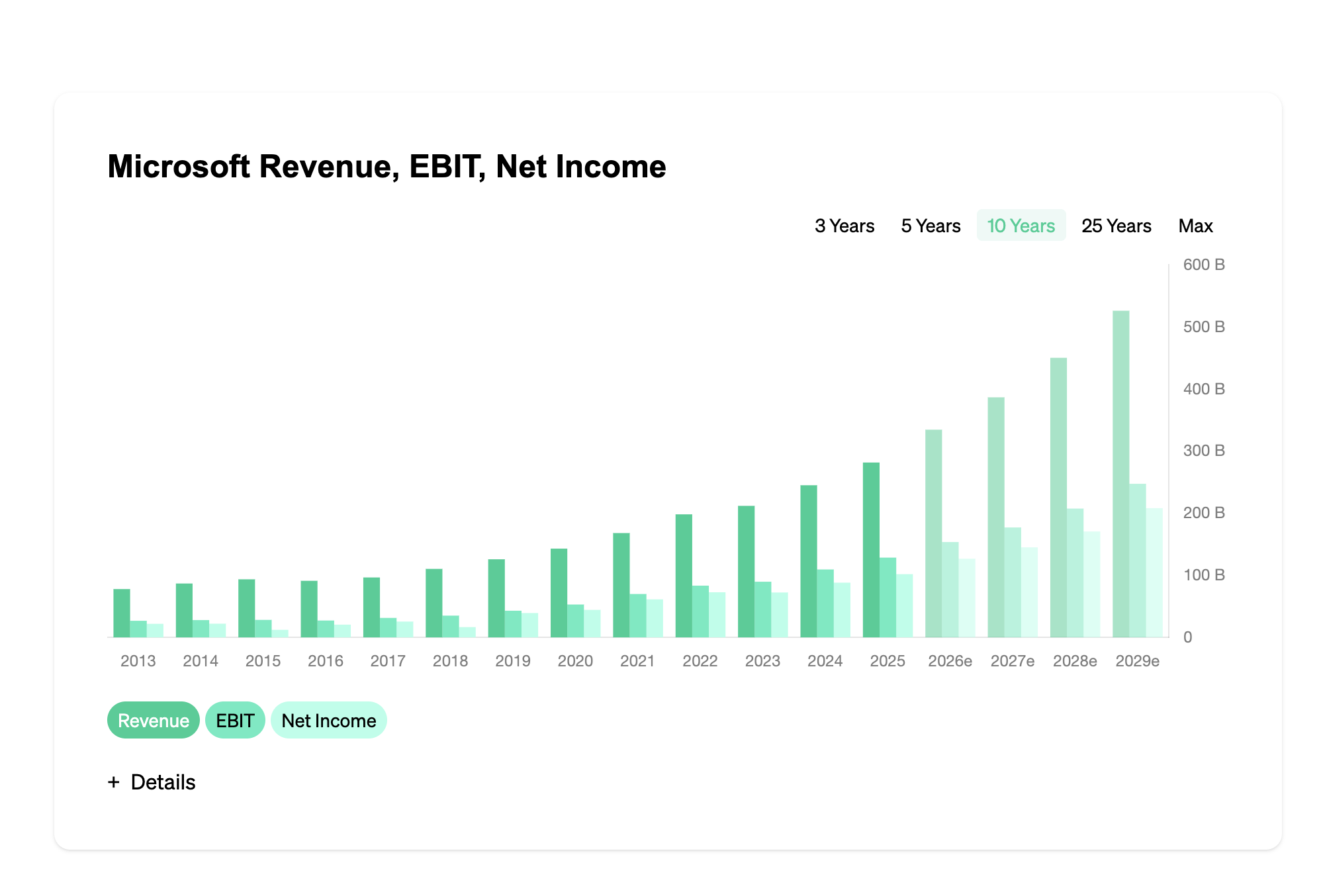COMECON
Definition und Erklärung
TL;DR – Kurzdefinition
Zu den FAQs →COMECON: Definition: COMECON (Council for Mutual Economic Assistance) – Definition and Explanation in Equities and Capital Markets COMECON (Council for Mutual Economic Assistance), also known as the Council for Mutual Economic Aid, was an economic organization established in 1949 by the countries of the Eastern Bloc. The Soviet Union played a leading role in this organization, which aimed to promote economic cooperation and integration among its member states. COMECON's main objective was to coordinate economic planning, trade, and resource allocation within its member countries. The formation of COMECON was driven by the political and ideological considerations of the Soviet Union. It sought to establish a socialist economic framework for its member states, providing them with a platform for cooperation and a means of countering the influence of the capitalist world. The organization consisted of the Soviet Union and thirteen other countries, including East Germany, Poland, Hungary, Bulgaria, Czechoslovakia, Romania, and Vietnam, among others. One of the primary functions of COMECON was to facilitate trade and economic cooperation among its member states. It aimed to ensure the specialization and division of labor within the Eastern Bloc, with member countries focusing on producing specific goods or commodities to meet the common needs of the region. COMECON also provided a platform for the coordination of industrial development plans, investment projects, and the exchange of technological expertise among its member countries. The activities of COMECON were supported by various institutions, including the Economic Committee, the Foreign Trade Committee, and the Scientific and Technical Committee. These institutions played a crucial role in formulating economic policies, promoting coordination, and enhancing economic relations within the Eastern Bloc. However, COMECON's influence and effectiveness declined significantly following the political and economic changes in the late 1980s and early 1990s. The dissolution of the Soviet Union in 1991 and the subsequent transition of many Eastern Bloc countries to market-based economies led to the gradual disintegration of COMECON. By the late 1990s, COMECON ceased to exist as an active organization. In conclusion, COMECON was an economic organization established by the countries of the Eastern Bloc, led by the Soviet Union, to promote economic cooperation and integration among its member states. It played a significant role in coordinating economic planning, trade, and resource allocation within the Eastern Bloc. While its influence declined with the political and economic changes in the late 20th century, COMECON remains an important chapter in the economic history of the Eastern Bloc. For more in-depth information and comprehensive coverage of investment terms, visit Eulerpool.com, a leading website for equity research, market analysis, and finance news. Enjoy access to a vast glossary encompassing stocks, loans, bonds, money markets, and cryptocurrencies, providing you with valuable insights to navigate the complexities of capital markets. Stay informed and empowered with Eulerpool.com!
Ausführliche Definition
Häufig gestellte Fragen zu COMECON
Was bedeutet COMECON?
Definition: COMECON (Council for Mutual Economic Assistance) – Definition and Explanation in Equities and Capital Markets COMECON (Council for Mutual Economic Assistance), also known as the Council for Mutual Economic Aid, was an economic organization established in 1949 by the countries of the Eastern Bloc. The Soviet Union played a leading role in this organization, which aimed to promote economic cooperation and integration among its member states.
Wie wird COMECON beim Investieren verwendet?
„COMECON“ hilft dabei, Informationen einzuordnen und Entscheidungen an der Börse besser zu verstehen. Wichtig ist immer der Kontext (Branche, Marktphase, Vergleichswerte).
Woran erkenne ich COMECON in der Praxis?
Achte darauf, wo der Begriff in Unternehmensberichten, Kennzahlen oder Nachrichten auftaucht. In der Regel wird „COMECON“ genutzt, um Entwicklungen zu beschreiben oder Größen vergleichbar zu machen.
Welche typischen Fehler gibt es bei COMECON?
Häufige Fehler sind: falscher Vergleich (Äpfel mit Birnen), isolierte Betrachtung ohne Kontext und das Überinterpretieren einzelner Werte. Nutze „COMECON“ zusammen mit weiteren Kennzahlen/Infos.
Welche Begriffe sind eng verwandt mit COMECON?
Ähnliche Begriffe findest du weiter unten unter „Leserfavoriten“ bzw. verwandten Einträgen. Diese helfen, „COMECON“ besser abzugrenzen und im Gesamtbild zu verstehen.
Leserfavoriten im Eulerpool Börsenlexikon
Personalkosten
Personalkosten, auch als Personalentgelt bezeichnet, sind die Ausgaben, die ein Unternehmen für seine Mitarbeiterinnen und Mitarbeiter aufbringt. Sie stellen eine bedeutende Komponente der Gesamtkostenstruktur eines Unternehmens dar und umfassen sowohl...
Gruppennorm
Gruppennorm - Definition, Erläuterung und Analyse Die Gruppennorm ist ein Konzept aus der Sozialpsychologie, das auch in den Kapitalmärkten eine entscheidende Rolle spielt. In der Theorie beschreibt die Gruppennorm die ungeschriebenen...
Sonderwirtschaftszone
Die Sonderwirtschaftszone (SWZ) bezieht sich auf einen geografischen Bereich innerhalb eines Landes, der spezielle wirtschaftliche Regeln und Bedingungen aufweist, die von den üblichen Gesetzen und Vorschriften abweichen. Diese Zonen werden...
Leasing
Leasing bezeichnet ein Finanzinstrument, das von Unternehmen und Privatpersonen genutzt wird, um Vermögenswerte wie Fahrzeuge, Maschinen oder Immobilien kurz- oder langfristig zu nutzen, ohne sie dabei direkt zu erwerben. Leasinggeber,...
Pflegestatistik
Pflegestatistik wird in Deutschland als Instrument zur Erfassung, Analyse und Bereitstellung von Daten im Bereich der Pflege genutzt. Sie dient dazu, einen umfassenden Überblick über die Pflegesituation im Land zu...
Bestellmengenpolitik
Bestellmengenpolitik bezieht sich auf die strategische Steuerung der Bestellmengen von Unternehmen in Bezug auf ihre Waren- und Handelswarenbestände. In der Kapitalmärkte-Investitionswelt spielt die Bestellmengenpolitik eine essentielle Rolle bei der Verwaltung...
Stellenbeschreibung
Die Stellenbeschreibung ist ein wesentlicher Bestandteil des Personalmanagements und bezieht sich auf die schriftliche Dokumentation der Aufgaben, Verantwortlichkeiten und Anforderungen einer bestimmten Position in einem Unternehmen. Sie spielt eine entscheidende...
Entlastung
Entlastung bezeichnet in der Finanzwelt eine Transaktion oder einen Prozess der Befreiung oder Entlastung von bestimmten finanziellen Verpflichtungen. Im Allgemeinen tritt die Entlastung in einer Vielzahl von Kontexten auf, sowohl...
Bank Identifier Code
Bank Identifier Code (BIC), auch bekannt als SWIFT-Code, ist eine eindeutige Zeichenfolge, die zur Identifizierung von Finanzinstituten auf der ganzen Welt dient. Der BIC-Code besteht aus 8 bis 11 alphanumerischen...
Policendarlehen
Das Policendarlehen ist eine spezielle Form der Kreditvergabe, bei der eine Lebensversicherungspolice als Sicherheit für das Darlehen dient. Diese Finanzierungsoption bietet Kreditnehmern die Möglichkeit, Liquidität aus ihrer Lebensversicherungspolice zu gewinnen,...

